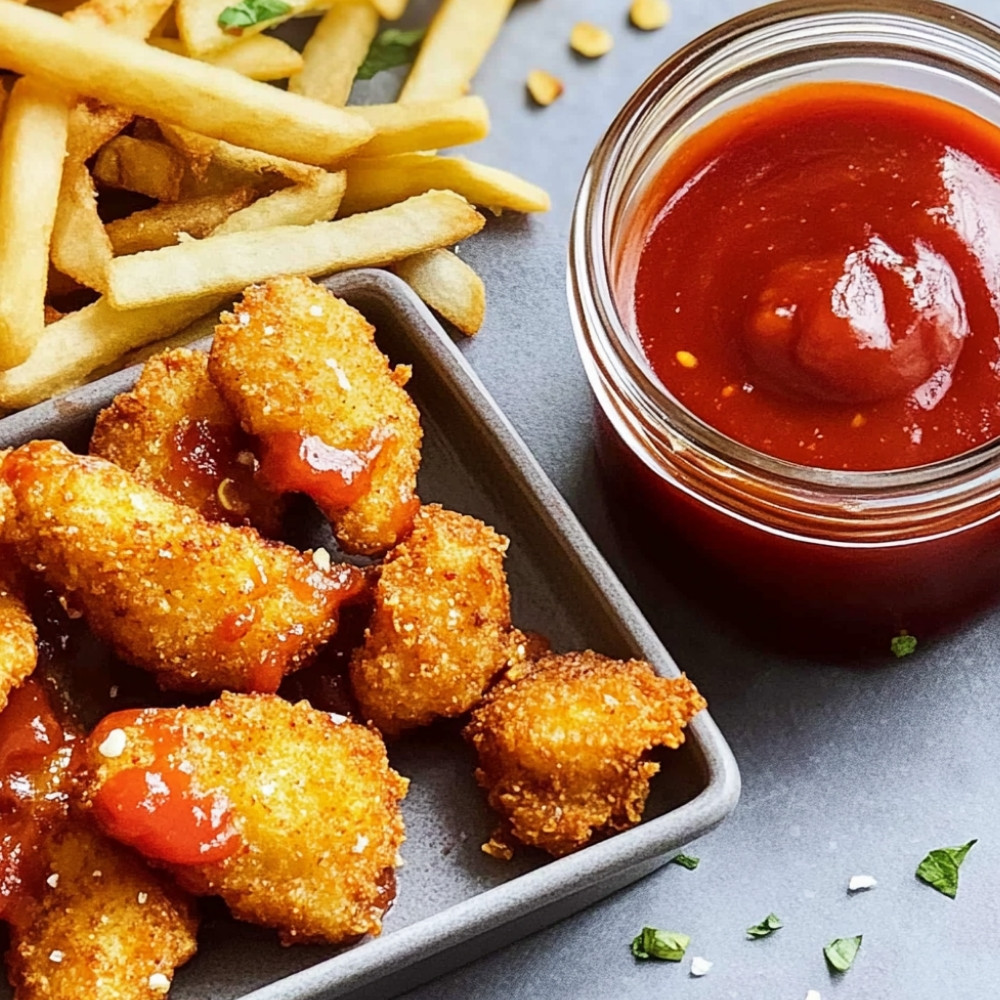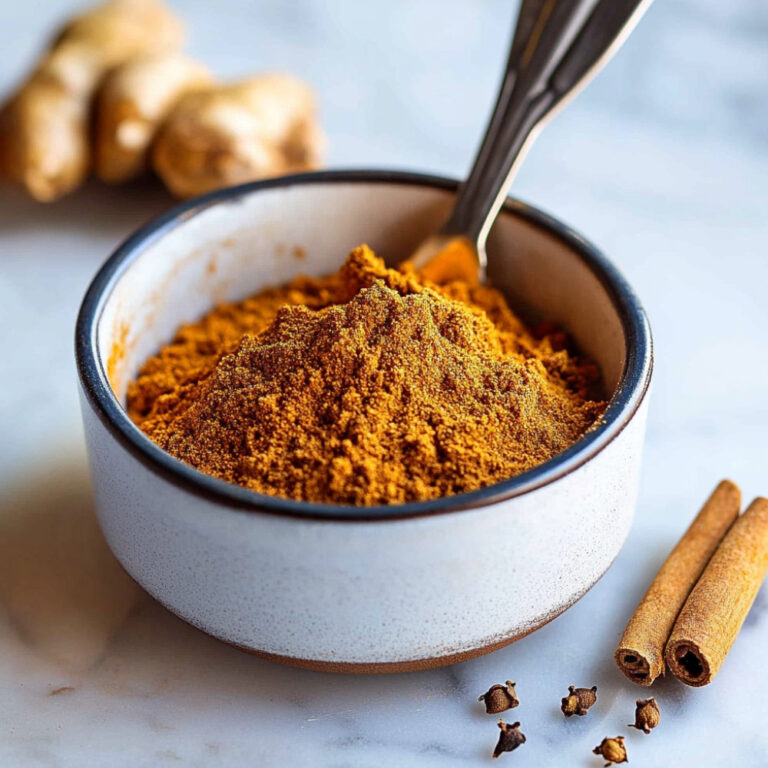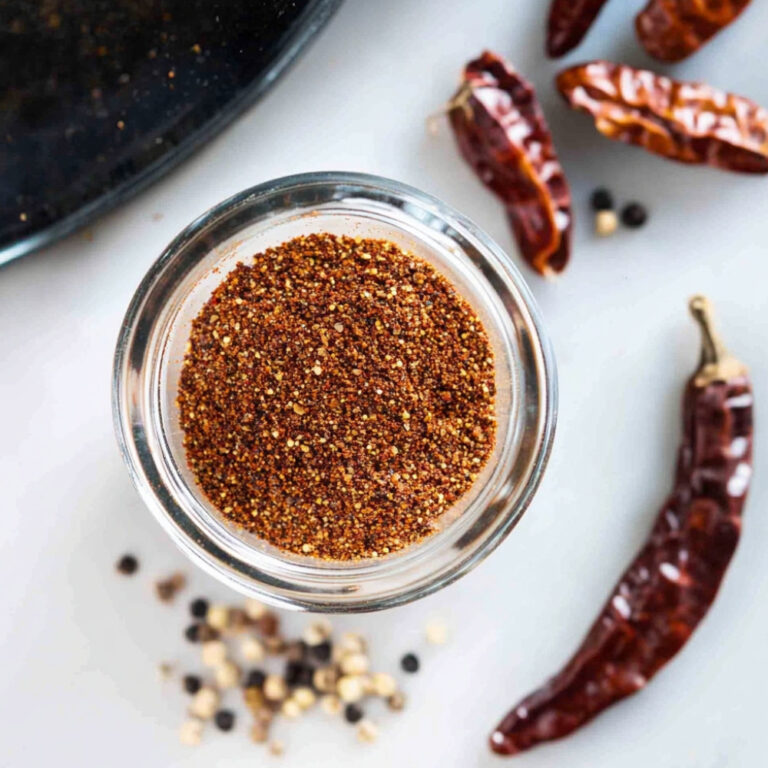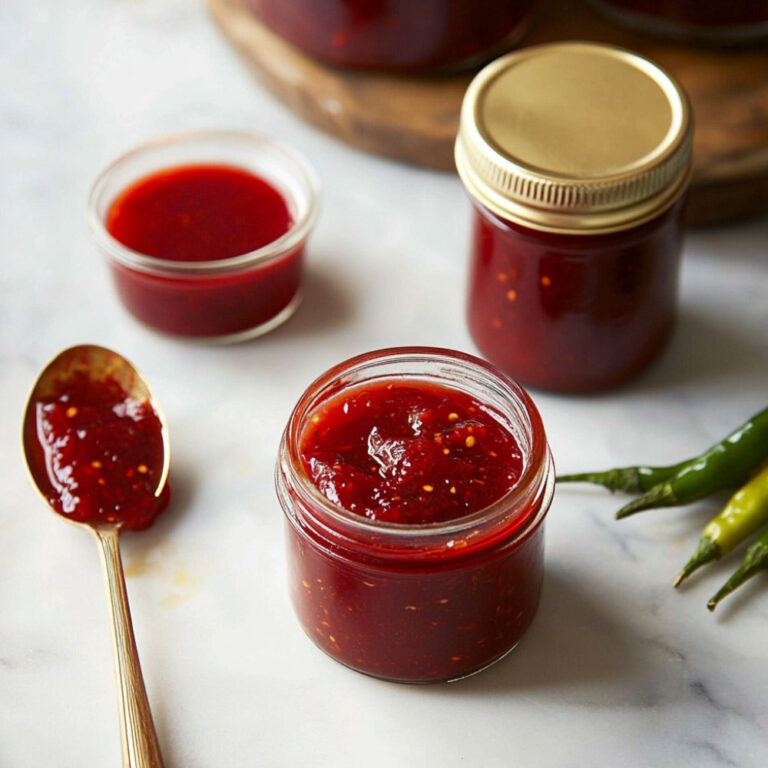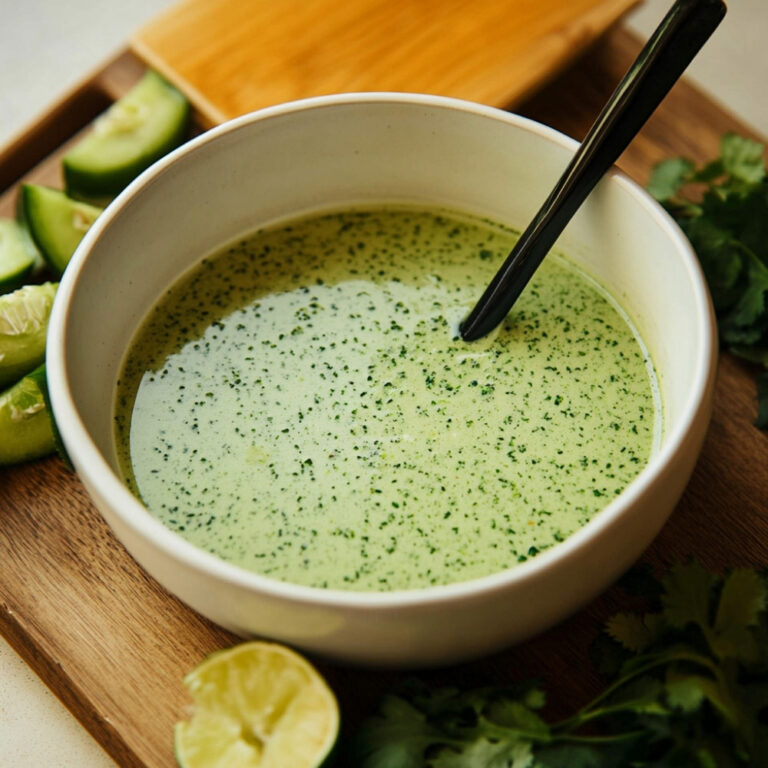Storing Ketchup Tips
You wouldn’t think it, but ketchup storage – yes, simple old ketchup – actually makes a noticeable difference in how it tastes after a few weeks (or, if you’re like my uncle, a few months past its “best by”). It’s always just been one of those quiet little things in my kitchen drawer that I don’t think twice about… until I did. One day, tasting a spoonful from a forgotten bottle in the back of the fridge, I realized… it had gone flat. Lifeless. Like the tang, the brightness, the gentle sweetness—it all just wandered off somewhere. So, since then, I’ve become a bit particular about where and how I store it. Not in a fussy way, just with care. And it’s made ketchup taste the way it’s meant to taste. Zippy and fresh and actually… good.
Why You’ll Crave It
- Prevents your ketchup from getting that sad, watered-down texture
- Retains that lovely tang and gentle sweetness much longer
- Avoids stressing over “is this still okay?” moments at dinnertime
- Reduces food waste – which I always feel oddly guilty about
- Works for homemade and store-bought versions (yes, even the fancy artisanal kind)
The first time I made a batch of homemade ketchup from garden tomatoes, I stored it wrong… and by day four, my fridge smelled strange and disappointing.
What You’ll Need
- Ketchup: one bottle (store-bought, any variety – or homemade, cooled and ready)
- Airtight containers: for decanting homemade ketchup if not using within a few days
- A clean spoon: every single time you scoop (you’d be amazed how fast double-dipping can ruin a batch)
- Labels and a marker: especially for homemade versions – date it!
Easy How-To
Keep store-bought bottles in the pantry, until opened
Until you crack the seal, ketchup is shelf-stable, thanks to vinegar and salt. Tuck it in a dark cupboard, away from heat (not that sunlit open shelf right above your stove… I learned that the hard way).
Refrigerate once opened
This part really matters. Yes, some diners famously leave ketchup out all day, but at home, pop it in the fridge. The cold slows spoilage, keeps the texture perky, and holds onto the flavor you love.
Store homemade ketchup with extra care
If you make your own ketchup (oh, the smell of tomatoes cooked down with clove and sweet onions… just lovely), keep it in a clean, sterilized jar, tightly shut, and refrigerated. Ideally use it within 7 to 10 days.
Look, smell, and stir
Every time you dip in, do a quick check. No odd smells? No discoloration or pressure buildup? Still smooth and glossy? Then you’re good. If it starts to separate or darken too much at the edges – it’s probably time.
Good to Know
- Homemade ketchup can turn sour fast in warm weather – I learned this after forgetting to cool a batch before lid-sealing. The lid popped off with a hiss.
- If the ketchup gets watery on top, just give it a stir – it’s often just natural separation.
- Glass bottles are traditional, but plastic ones actually seal tighter after opening (just check the cap often – they do get crusty if forgotten).
Serving Ideas
- Whisk ketchup with mustard, pickle juice, and a touch of smoked paprika for a burger sauce that’s surprisingly good
- Drizzle warm ketchup over roasted sweet potato wedges – trust me, with a sprinkle of flaky salt, it works
- Use ketchup as a base for stir-fry sauce, especially with bell peppers and egg noodles – quick weeknight saver
Top Tricks
- Always write the date on your homemade ketchup jars – I forget, every time, then play the taste-test game later
- If you ever freeze ketchup in cubes (which works!), just expect a slightly looser texture once thawed – it’s still fine for sauces or dips though
Frequently Asked Questions
How long can ketchup stay in the fridge after opening?
Up to six months is the general rule, though I usually finish mine well before that. Just keep the lid clean and sealed after every use.
Can I store ketchup at room temperature?
Unopened? Yes, in a cool, dark space. Opened? Better to refrigerate it – especially if you don’t fly through it in a couple of weeks.
Is it safe to eat ketchup past the expiration date?
Sometimes, yes, if it’s unopened and looks and smells fine. But opened ketchup past its date? Inspect it carefully… usually not worth the risk.
Can ketchup be frozen?
You can – especially in ice trays for small servings. But it may lose its smoothness, so I usually only freeze ketchup when I’m making a big batch for cooking later.
Why does my ketchup look darker around the edges?
Light or air may have gotten in. It’s oxidizing. If it still smells pleasant, it’s probably okay, but I’d give it a stir and taste-test carefully.

